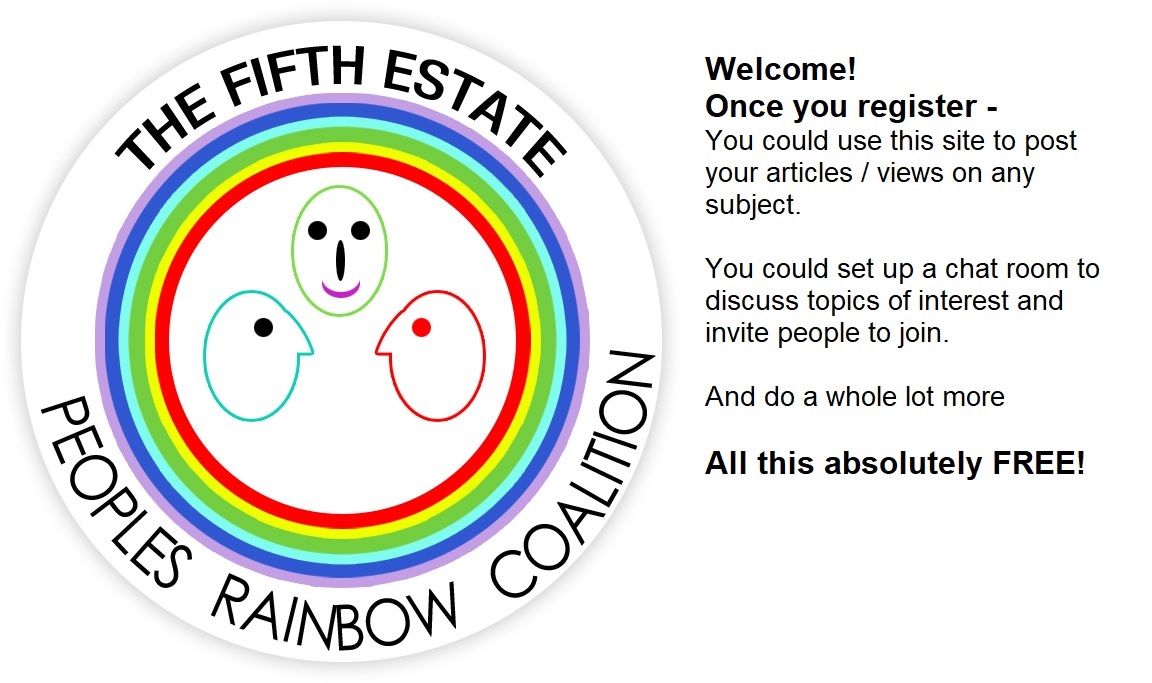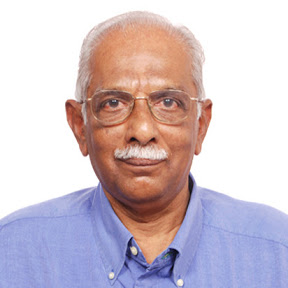- Details
- Written by Mathew Thomas
- Category: Uncategorised
- Hits: 3854
Midnight Massacre of Innocents in the Name of Black Money - Demonitisation
The stupidity of the decision to demonitise is matched only by the foolishness of its secrecy, timing and implementation.
If black money is in ₹ 500 and ₹ 1000 notes, what sense does it make to issue ₹ 2000 notes?
Paytm takes out full-page advertisements to congratulate “on taking boldest decision in the financial history of independent India”. Paytm is justifiably happy at the prospect of making hay – the sun is shining for their business.
What Paytm does not say is that demonetisation was tried twice earlier, once before and once after independence – both failures.
What would one call a person or country or organisation who does not learn from experience? Bismarck said, “Fools learn from experience”.
“Short-term hiccup, long-term positive” screams a headline. As Keynes said, “In the long-term, we are all dead”.
Another headline trumpets, “A New Lee Kuan Yew is Born in India: Govt Source.” Sycophancy is our speciality; we need not import it from Singapore. We “Make in India”.
The mind that made this decision is the same that thinks, UID / "Aadhaar" would eliminate theft of BPL rations and prevent leakage of LPG subsidies by cash transfers.
What was the need for secrecy and a midnight announcement if the notes could be exchanged up to 30 Dec 2016?
Creating panic was perhaps, necessary element of the chest-thumping that accompanied the announcement.
No one – none of the “experts”, the business houses – said that the vast proportion of black money is in the form of real estate, foreign accounts, in stocks and shares and in gold and diamonds.
The “surgical strike” on black money is identical to the one on the LOC, just 2 KM from the border!
No one asked why the rule that depositing more that ₹ 50,000 requires PAN number and info on source of money.
How did Madhu Koda, former Jharkhand CM could take out ₹ 4,000 Crores? How did a large part of it go outside the country? He was arrested in 2009 and is out on bail since 2013. Perhaps, the lack of judges is the reason!
Ironically, the “hawala” market was the one that became most active by the midnight announcement. The margins were a roaring 30 %. The “surgical strike” at black money spurred brisk business in hawala!
To tackle black money first clean up political donations. Then make political parties to declare the amount and source of ALL funds they receive.
Does India's “Lee Kuan Yew” have the courage to do this?
http://www.thehindu.com/news/cities/bangalore/when-the-notes-didnt-gain-any-currency/article9327001.ece
 | When the notes didn’t gain any currency - The Hindu Chaos ruled wholesale markets in the city — from Yeshwantpur to old pete and vegetable markets — on Wednesday after demonetisation of Rs. 500, Rs. 1,000 notes. Shopping areas such as Commercial Stree |
- Details
- Written by Mathew Thomas
- Category: Uncategorised
- Hits: 10284
- Details
- Written by Mathew Thomas
- Category: Uncategorised
- Hits: 2998
Prohibition - The New Fad
It all started with election gimmicks, leading to electoral promises. It is premised on the rather foolish notion that women don't want the husbands to drink and hence parties that subscribe to prohibition will garner women's votes.
Prohibition has never worked anywhere except in fundamentalist religious countries, largely dictatorships of varying kinds.
USA tried prohibition from 1920 (even amending the Constitution) to 1933 when the amendment was repealed. Prohibition was introduced in USA under pressure from relegious (pietist protestant groups). It was discarded as a result of the realisation that it led to large scale organised crime. (Who has not heard of Al Capone?). In general all types of crimes showed increased rates. Not only there was huge loss of government revenue, but also, additional cost of enforcing prohibition.
Bismarck said, "Fools learn from experience. I learn from other's experience."
When Indian became independent many states introduced prohibition. It resulted in illicit liquor and deaths due to "hooch tragedies". Already such deaths have occured in Bihar.
What would one call fools who refuse to learn from their own experiences?
Instead of prohibition, The Fifth Estate would suggest that government legislate for companies engaged in the liquor business compulsorily set apart a specified sum of money, to be spent as part of their CSR activities in promoting responsible drinking, orgainse family counselling and de-addiction clinics. All liquor bottles may by law ordered to carry pictorial advertisements on the evils of drinking as in the case of ciggarettes.
In this context one may look at the irony of the juxtaposition of two news reports in the same newspaper today.
'The Hindu' (22 Sep 2016, Bangalore edition) carried a news report on page 7, headlined, "Dance bars without liquor is absurd: Supreme Court"
The link to the article is here.
Just below it was another headline, "Plea in SC for nationwide ban on liquor"
The link to the second news report is here.
Will good sense prevail?
http://www.thehindu.com/news/national/plea-in-sc-for-nationwide-ban-on-liquor/article9132329.ece
 | Plea in SC for nationwide ban on liquor - The Hindu A petition has been filed in the Supreme Court seeking a nationwide prohibition of liquor as a “reasonable restriction” to uplift nutritional level and standard of living envisaged under Article 47 o |
- Details
- Written by Mathew Thomas
- Category: Uncategorised
- Hits: 3057
Jan Dhan - Inclusion or Fraud Facilitator?
Hailed as one that would lead to financial inclusion, Jan Dhan has become a device that facilitates fraud.
Financial inclusion cannot come from allowing accounts to be opened in the name of the poor. It can only come from job creation and enabling poor to earn income with dignity, generate hope among the poor that their progeny would acquire learning and skills to come out of poverty.
Here's a link to an article in 'Money Life' that describes a typical scam using Jan Dhan accounts.
- Details
- Written by Mathew Thomas
- Category: Uncategorised
- Hits: 8025
What is an Independent Judiciary?
Independent of whom? Of what?
In India, many (almost and fourth) members of Parliament have criminal cases registered against them.
Should the executive which is selected from amongst these have any say at all in the selection and promotion of judges?
In some countries, like the United States (of America), judges to the highest court are appointed by the excutive, the president or governors. They are political appointees and the judgements of the courts there do reflect the political bias of their patrons.
Should India follow suit?
You decide.
Here is an article in 'Deccan Herald' (Bangalore edition) datelined 21 Aug 2016 titled, "No judges, no justice" that is relevant to the issue.
http://www.deccanherald.com/content/565936/no-judges-no-justice.html
 | No judges, no justice In the absence of any explanation from the Union government for not giving its assent to the 75 names recommended for appointment as high court judges, forwarded in February this year by the Chief Justice of India (CJI), one may presume that the Centre is not interested in processing the appointments quickly. Maybe, the government is unable to reconcile itself with the judgement striking down the National Judicial Appointments Commission (NJAC) Act and the 99th amendment to the Constitution last year. The government is yet to revise the Memorandum of Procedure (MoP) in consultation with the CJI and the Collegium. Media reports stated that the government wants to retain power to veto a recommendation on the grounds of national security. |















